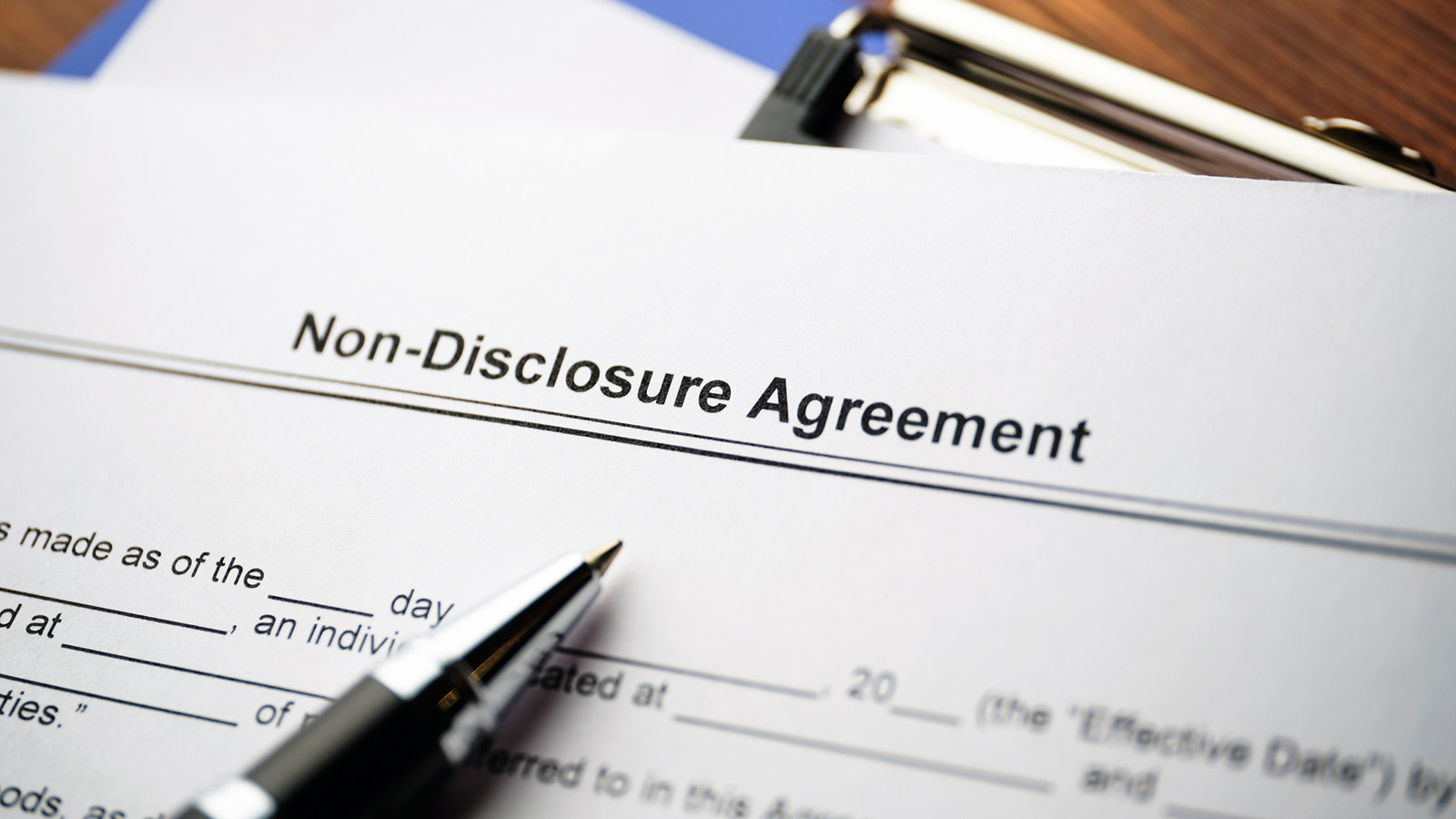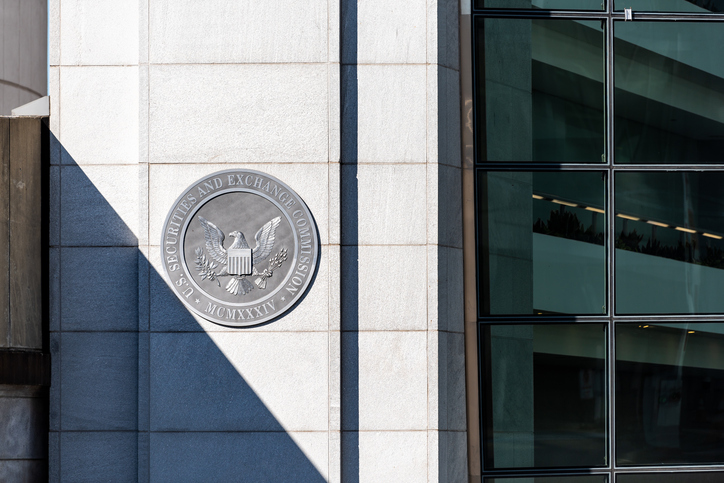May 14, 2025

This information is provided for educational purposes only by Kohn, Kohn & Colapinto and does not constitute legal advice. No attorney-client relationship is created by accessing this content. Laws and regulations may change, and this material may not reflect the most current legal developments. If you believe you have a whistleblower claim, consult a qualified attorney to discuss your specific circumstances.
To sell securities on behalf of others, or to buy or sell securities for their own account, individuals must register as a broker or a dealer with the Securities and Exchange Commission (SEC). This applies to any person who engages in finding new investors for funding rounds or who finds buyers or sellers of businesses, and those who operate trading platforms or provide a service to registered broker-dealers.
In recent years, the SEC has also increased its scrutiny of individuals and entities acting as unregistered dealers. This heightened focus has led to several enforcement actions against those who engage in specific activities, particularly involving individuals who provide financing for microcap companies in exchange for convertible debt of the company, convert the debt into common stock, and then quickly sell the stock to the public. The SEC’s position is that this constitutes unregistered dealer activity.
Individuals who fail to register with the SEC as a broker-dealer or fail to comply with securities laws may be subject to civil or criminal liability, and may face consequences such as fines, disgorgement, injunctions, or disqualifications and industry bars. In some cases, this might even result in imprisonment.
Insiders with information about unregistered broker-dealers engaged in soliciting or advising investors, or receiving commissions, can file an anonymous tip to the SEC, and potentially receive an award and protection for their information under the SEC Whistleblower Program.
Unregistered Broker-Dealer Penalties
Below is a list of the penalties an individual or entity might face if they decide to conduct business as an unregistered broker-dealer:
Civil Penalties and Fines
Penalties for operating as an unregistered broker-dealer can be massive, including:
- Monetary Fines: the SEC can fine individuals and other entities who are operating as unregistered broker-dealers.
- Profit Disgorgement: the SEC may order the return of gains obtained during the period in which a broker-dealer was unregistered.
- Injunction: the SEC might seek to prevent the individual or entity from engaging in unregistered activities, creating investment challenges.
- Industry Bar: in certain instances, the SEC can bar individuals from acting as or associating with a broker-dealer or investment adviser.
Criminal Penalties
In cases where fraud or manipulation exists, there may be more severe penalties:
- Prison: in cases where fraud occurred, individuals may face prison time.
- Fines: criminal fines can be imposed.
Any company or individual associated with a felon or bad actor, may be subject to the “bad actor” disqualification, which prevents them from raising capital in the future using exemptions from registrations, such as Rule 506(b) and Rule 506(c) of Regulation D.
Other Penalties
- Loss of industry licenses: Individuals who are registered with FINRA or other regulatory bodies may lose their licenses.
- Reputational damage: Engaging in illegal activity can severely damage an individual’s or entity’s reputation.
- Investor losses: Investors who deal with unregistered broker-dealers may lose their investments, especially if the broker-dealer engages in fraudulent or deceptive practices.
Rescission
Investors may have the right to rescission if a company fails to register or comply with requirements under the Securities Act. This means that a company may be required to return an investment plus interest back to investors or offer a rescission to investors.
SEC Whistleblower Program: Awards & Protection
Unlicensed, unregistered persons commit much of the investment fraud in the United States. Whistleblowers are encouraged to report securities laws violations, such as unregistered broker-dealer activity through its whistleblower program.
This program has several main features:
- Whistleblower Awards: If a whistleblower’s information leads to a successful enforcement action exceeding $1 million, this program offers awards of 10% to 30% of the total monetary sanctions collected (percentages depend on several factors).
- Anti-Retaliation Protections: The Dodd-Frank Act, which established the SEC Whistleblower Program, offers protection against retaliation, prohibiting any employer from taking action to discharge, demotion, suspension, harassment, or discrimination.
- Anonymous Reporting: Under this program, whistleblowers may report their concerns anonymously; however, they must be represented by an attorney. If they choose to file on their own, the SEC does have a strong record of maintaining confidentiality.
To get a complete understanding of this program, please read SEC Whistleblower Program: A Guide to Reporting Financial Fraud.
Seeking Legal Assistance
Whistleblowers can report their concerns online using the SEC’s online Tips, Complaints, Referrals (TCR) portal. However, given the complexity and risks of exposing an unregistered broker-dealer, and the rules needing met for an award, we suggest seeking legal advice.
If you have information of unregistered broker-dealer activity, you may be eligible for protection and awards if your information leads to a successful enforcement action by the SEC. If you decide to blow the whistle, we recommend working with an experienced SEC attorney.
By working with an experienced SEC attorney, whistleblowers can increase their chances of successfully exposing wrongdoing, protecting themselves from retaliation, and receiving a whistleblower award.
Recent Cases
Pre-IPO Fraud (Various Individuals) (2023)
The SEC charged Raymond J. Pirrello, Jr., Marcello Follano, Robert Cassino, Anthony DiTucci, Joseph Rivera, and their associated companies for fraudulent pre-IPO securities offerings.
The defendants raised over $528 million from over 4,000 investors worldwide through a network of unregistered sales agents. The SEC alleges that the defendants misled investors by falsely claiming there were no upfront fees, while secretly charging undisclosed markups of up to 150%. The defendants and their agents pocketed over $88 million from these fees.
The SEC’s complaint, filed in the U.S. District Court for the Eastern District of New York, sought permanent injunctions, disgorgement, interest, civil penalties, and officer and director bars against the defendants. The SEC’s investigation was conducted in cooperation with the U.S. Attorney’s Office for the Eastern District of New York and the FBI.
GEL Direct Trust and GEL Direct, LLC (2022)
The SEC charged Jeffrey K. Galvani, Stuart A. Jeffery, and two New York-based entities they controlled, GEL Direct Trust and GEL Direct, LLC, with operating as unregistered broker-dealers.
As alleged, these entities facilitated over $1.2 billion in securities trading involving penny stocks, without proper registration. Despite being registered brokers at a separate firm, Galvani and Jeffery provided brokerage services to approximately 60 customers through the GEL entities, earning ~$12 million in fees.
The SEC’s complaint alleged violations of Section 15(a) of the Securities Exchange Act of 1934, and sought permanent injunctions, disgorgement, interest, civil penalties, and penny stock bars against all defendants. The SEC’s investigation was conducted in cooperation with the Financial Industry Regulatory Authority.
Justin W. Keener d/b/a JMJ Financial – Unregistered Dealer (2022)
On December 20, 2022, a federal district court entered a final judgment against Justin W. Keener d/b/a JMJ Financial.
The SEC’s complaint, filed in 2020, alleged that Keener failed to register as a securities dealer with the SEC, or to associate with a registered dealer, when he bought and sold billions of newly issued shares of penny stock from at least January 2015 through January 2018. Keener obtained the shares directly from issuers after converting debt securities known as convertible notes.
By failing to register, Keener avoided certain regulatory obligations for dealers that govern their conduct in the marketplace, including regulatory inspections and oversight, financial responsibility requirements, and maintaining books and records.
Sky Group USA LLC (2021)
The SEC charged Sky Group USA LLC, a Miami-based payday loan company, and its CEO, Efrain Betancourt, Jr., with fraud and unregistered broker activity.
The complaint alleged that the company raised over $66 million from over 500 investors, primarily from the South Florida Venezuelan-American community, through the sale of promissory notes. The SEC alleges that Betancourt misappropriated millions of dollars for personal use, including lavish expenses, and used investor funds for Ponzi-like payments.
Determining Broker-Dealer Registration Status
If the individual or entity you are working with receives commissions or compensation based on a securities transaction, or facilitates the buying or selling of securities, they are acting as brokers and should be registered with the SEC. You can find out if they are registered by using the various tools below:
- Financial Industry Regulatory Authority (FINRA): most brokers need to become members of this organization, so checking with FINRA is a good starting point. They have developed BrokerCheck, which is a free tool to research the background and experience of financial brokers, advisers and firms.
- Securities and Exchange Commission (SEC): the SEC has various tools that allow you to do research on an investment individual or firm, such as the Check Out Your Investment Professional website, where you can look up names and CRD #.
- State Securities Regulator: you can also check with your state’s securities regulator. To find the regulator in your state, use the Contact Your Regulator lookup tool provided by the North American Securities Administrators Association.
Note on “Finders”
A “finder” is an individual or entity who introduces potential investors to an issuer of securities. Their role is limited to making introductions and does not involve providing investment advice, negotiating deals, or receiving commissions based on the success of the transaction.
While finders are generally exempt from broker-dealer registration, the SEC closely monitors their activities to ensure they do not exceed the scope of their role. Any actions that could be construed as providing investment advice or participating in negotiations may trigger broker-dealer registration requirements.
Contact Us
Led by former SEC acting chair and commissioner Allison Herren Lee, former SEC Enforcement Senior Counsel Andrew Feller, and renowned whistleblower attorney Stephen M. Kohn, our team has been shaping the landscape of whistleblower protection for over 35 years. Contact us today for a free case evaluation. There’s no fee unless we get an award for you.
Our Firm’s Cases

$125 Million in Awards
We have successfully represented a number of SEC whistleblowers, preserving their anonymity and securing sizable whistleblower rewards. In one case, we helped our client receive one of the ten largest whistleblower awards ever granted by the SEC.





